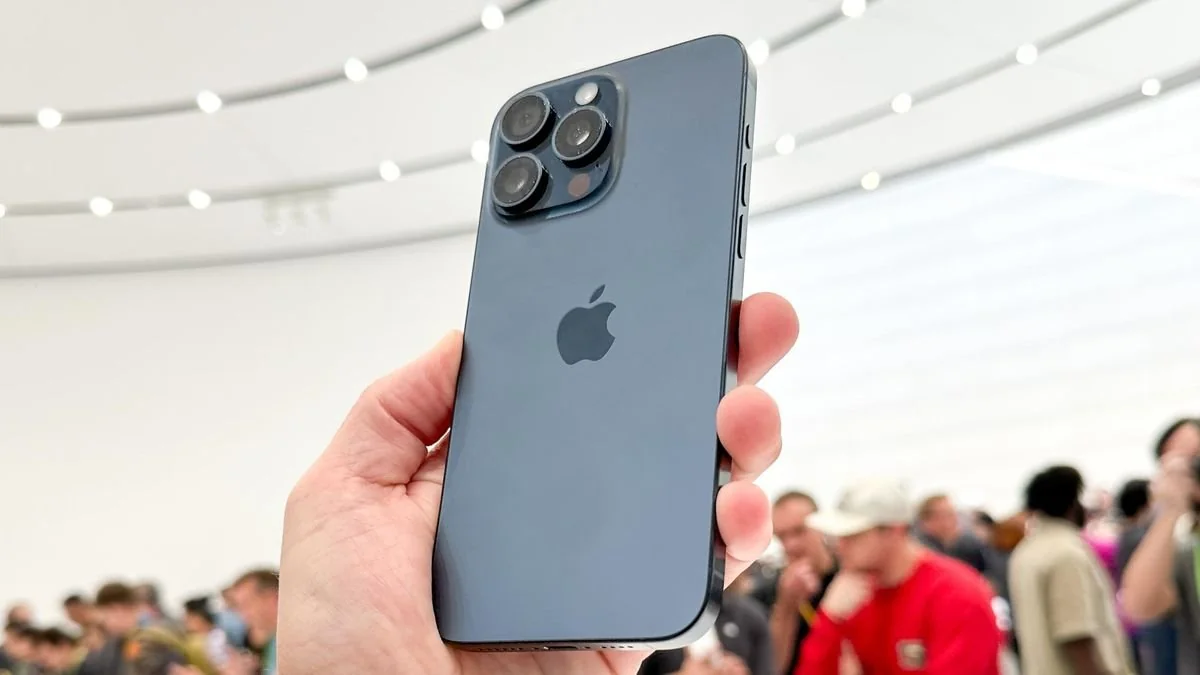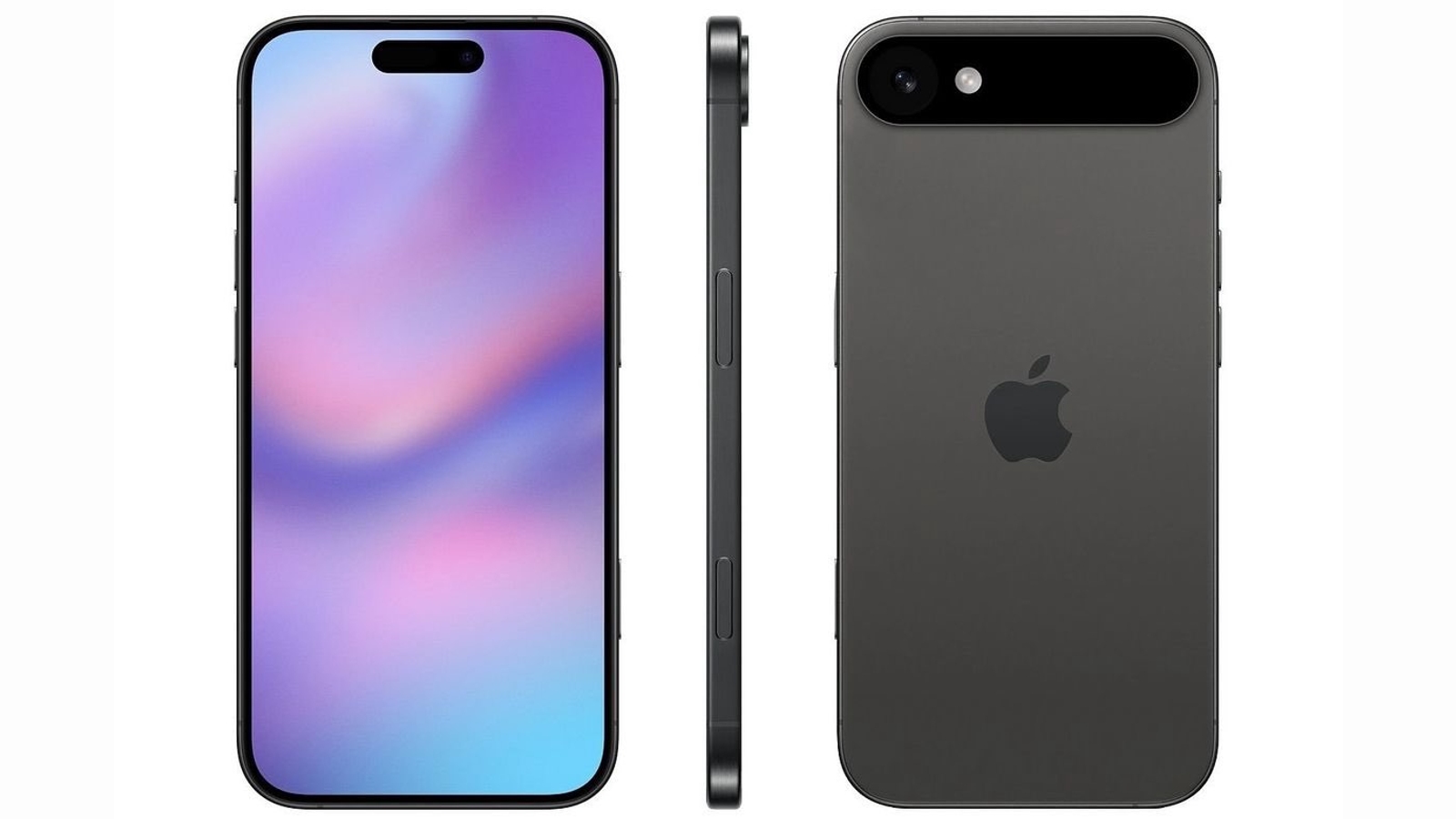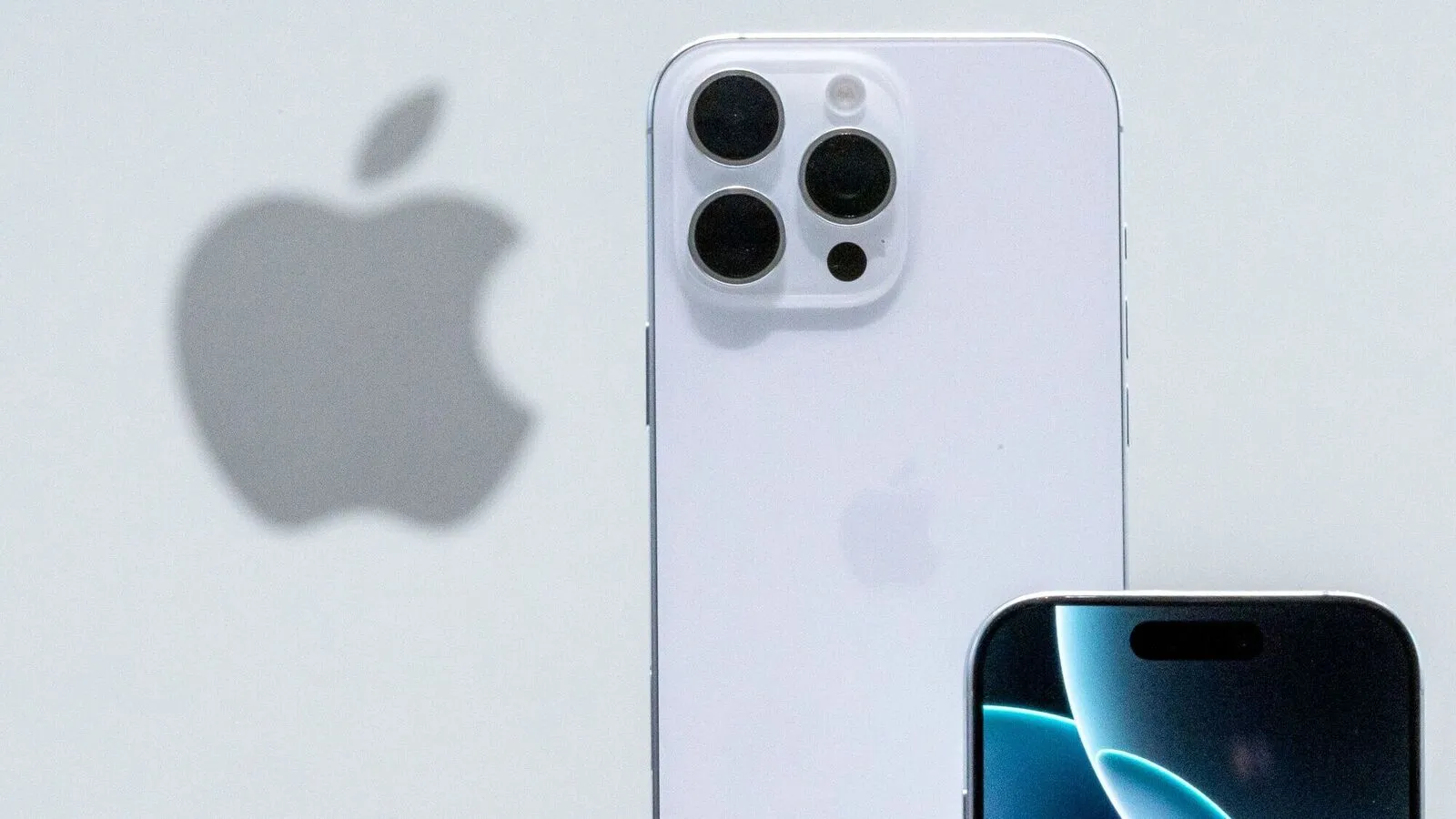Apple is set to redefine smartphone technology with the upcoming iPhone 17 series, promising unprecedented processing speeds and energy efficiency thanks to the adoption of TSMC’s latest 3-nanometer chip technology. As the tech giant continues to innovate, the iPhone 18 Pro models are already slated to incorporate even more advanced 2nm chips, setting new standards in the industry.

The Advancement to 3nm Chip Technology
The iPhone 17 series, expected to launch next year, marks a significant leap in processing technology, utilizing TSMC’s enhanced N3P 3-nanometer technology. This transition underscores a pivotal shift in chip manufacturing, adopting smaller transistor sizes that boost the overall efficiency and speed of the devices. As Apple analyst Ming-Chi Kuo notes, “Next year’s iPhone 17 series will feature processors made using TSMC’s enhanced N3P 3-nanometer chip technology.” This advancement follows Apple’s successful integration of 3nm technology in its current A17 Pro and M3 series chips, found in iPhone 15 Pro models and Macs, respectively. The move towards smaller, more efficient chips is not merely a trend but a strategic response to increasing demands for higher performance and lower power consumption in smartphones and computing devices.

Setting the Stage for 2nm Technology
While the iPhone 17 series continues to impress with 3nm technology, Apple is not stopping there. The iPhone 18 Pro models are expected to be the pioneers in utilizing TSMC’s groundbreaking 2nm processor technology by 2026. The anticipation of 2nm chips stems from Apple’s ongoing commitment to maintaining a lead in the tech industry by ensuring its devices are equipped with the foremost technology.
TSMC plans to initiate the manufacturing of 2nm chips by late 2025, with Apple poised to be the first recipient. This strategic positioning is critical, as Kuo points out, “Only iPhone 18 Pro models in 2026 are likely to use the Taiwanese chipmaker’s next-generation 2nm processor technology because of cost concerns.” The development of new production facilities by TSMC, including two new factories already in the works and another awaiting approval, highlights the scale of this technological shift.

Investing in the Future of Chip Technology
TSMC’s investment in 2nm technology, amounting to billions of dollars, reflects a significant gamble on the future of semiconductor manufacturing. This move is supported by a robust partnership with Apple, which has historically secured priority access to the latest chips due to its status as TSMC’s largest customer. In 2023 alone, Apple acquired all of TSMC’s initial 3-nanometer chip production, a testament to the deep integration and reliance on advanced semiconductor technology in its product lineup. The road from 3nm to 2nm also includes various incremental enhancements, with TSMC already unveiling its N3E and N3P chips, which represent improved versions of the 3nm process. These innovations are crucial as they bridge the gap to the next big leap in chip technology, ensuring Apple devices remain at the cutting edge of performance and efficiency.

As Apple continues to push the boundaries of what’s possible in smartphone and computing technology, the iPhone 17 and iPhone 18 Pro models stand as beacons of innovation, promising to deliver not only superior performance but also a glimpse into the future of the digital age. The journey of these devices from conception to reality not only highlights the relentless pursuit of excellence but also cements Apple’s position as a leader in the tech industry, consistently ahead of the curve.










